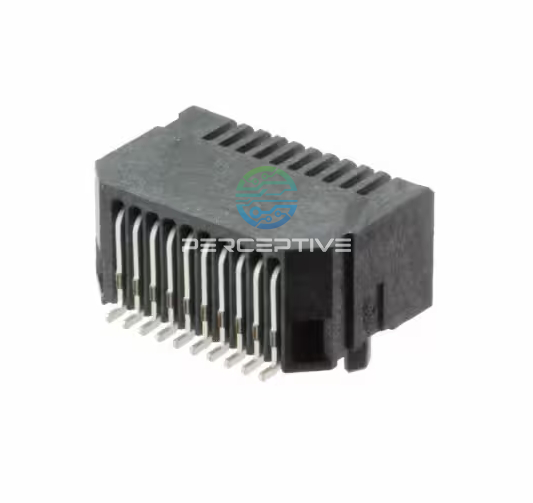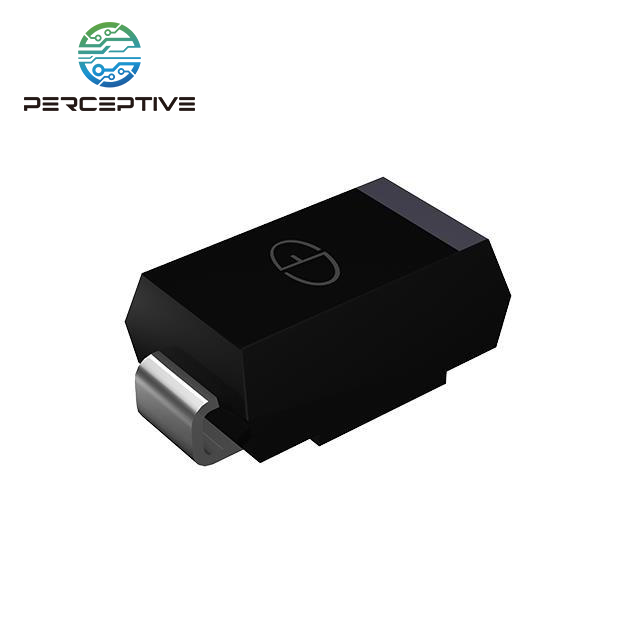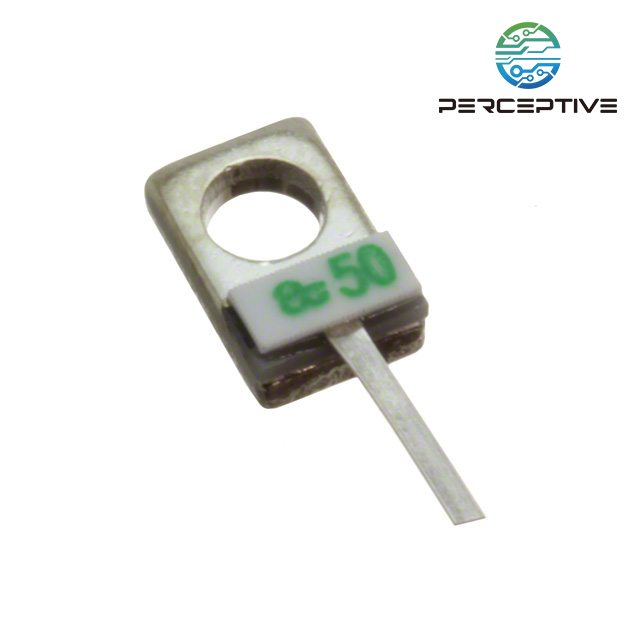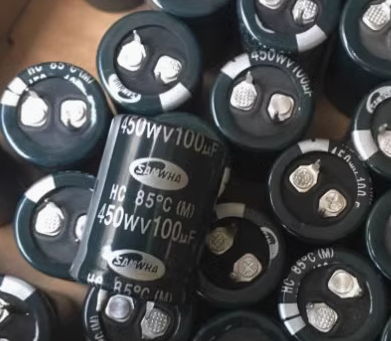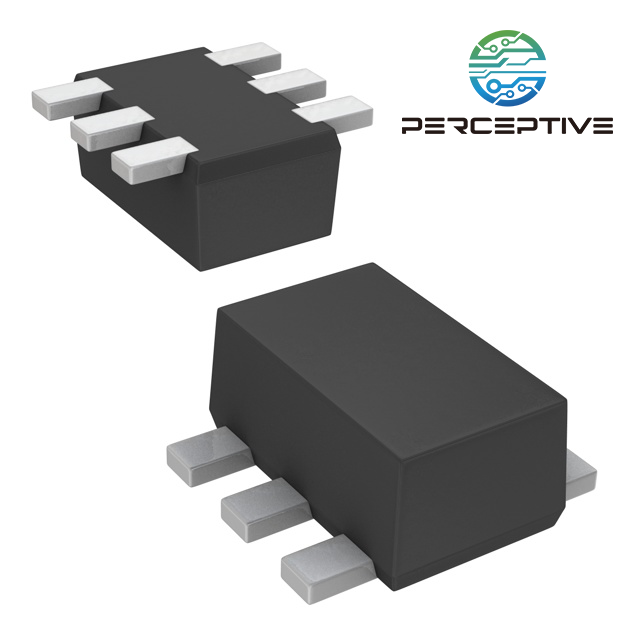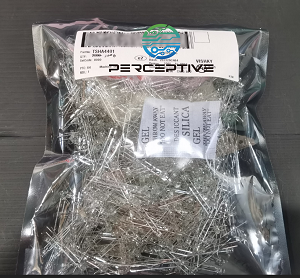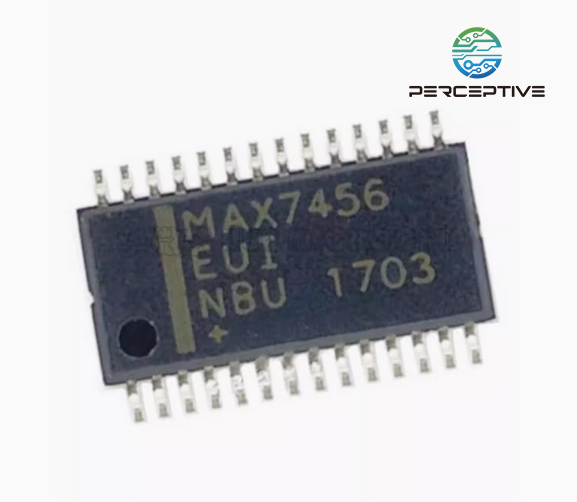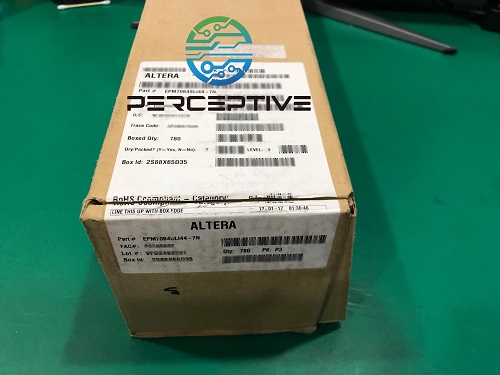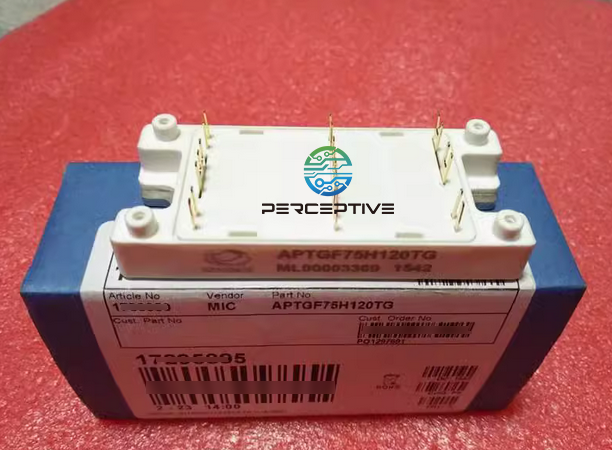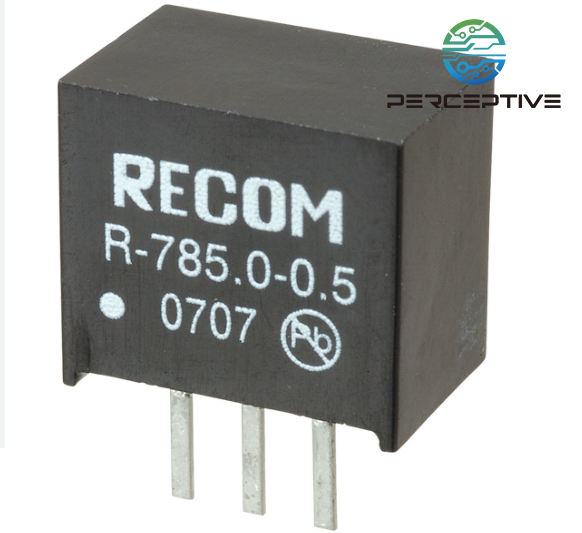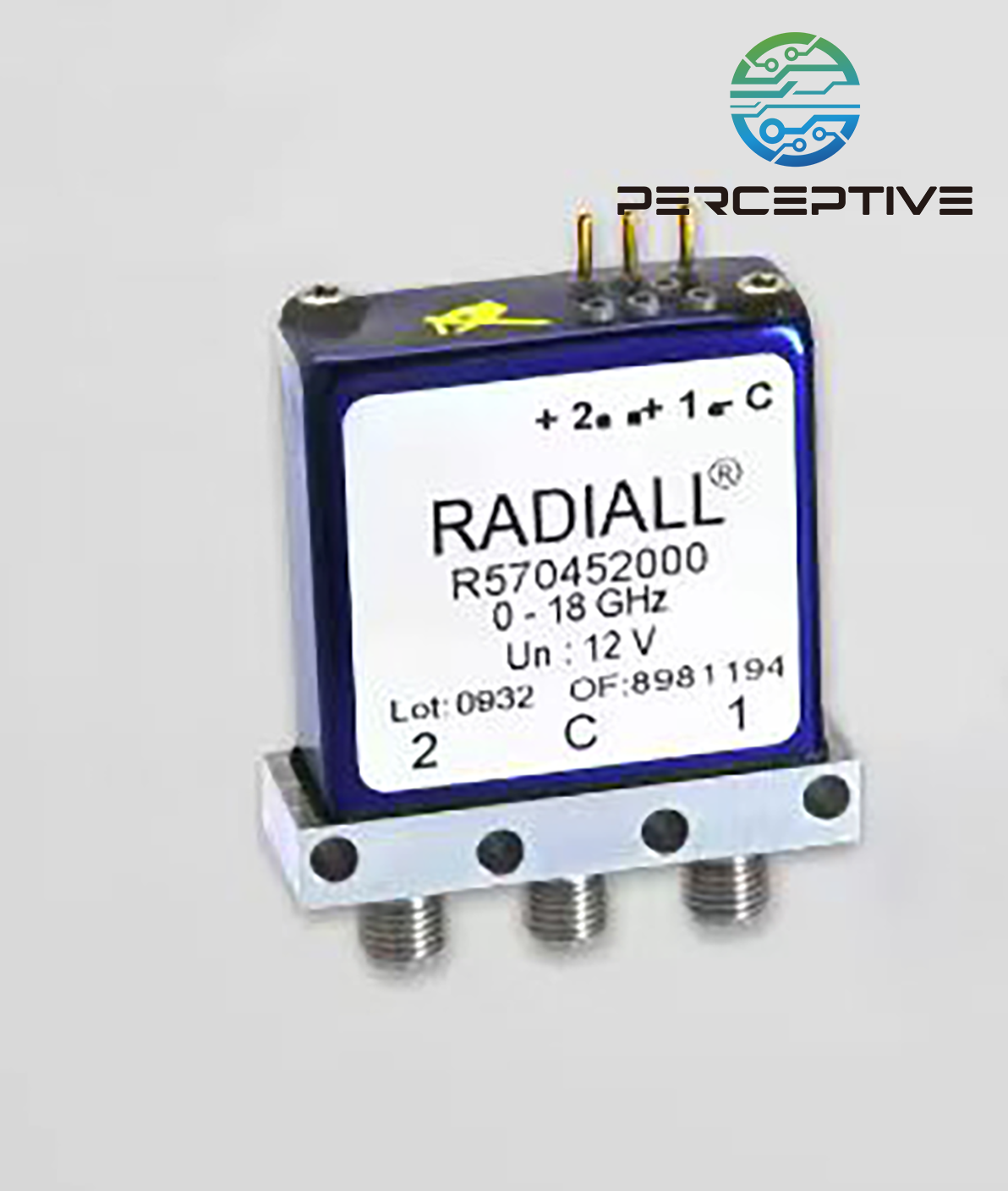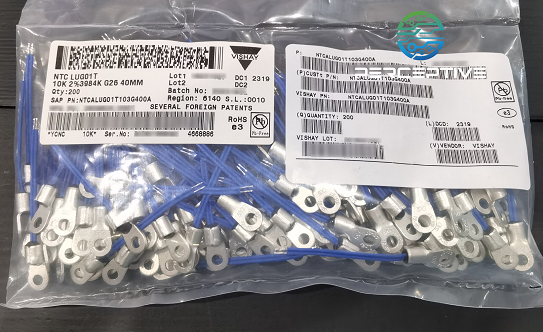Reliability testing is the process of evaluating the performance and reliability of electronic components under specific environmental conditions. Reliability testing is especially important for IC chip components because they are widely used in various critical systems such as automotive, aerospace, and medical devices. The following aspects are usually involved in conducting reliability testing of IC chip components:
Temperature Testing: Temperature testing is one of the most common reliability tests. It is usually categorized into high-temperature, low-temperature and temperature cycling tests. High temperature testing simulates the operation of a component in a high temperature environment, while low temperature testing simulates the operation in an extremely cold environment. Temperature cycling test simulates the effect of temperature change on the components performance, such as the internal stress of the components caused by thermal expansion and contraction.
Humidity Testing: Humidity testing is used to evaluate components performance in high humidity environments. Humidity can lead to corrosion of metal parts on the board, aging of insulating materials and other problems, so humidity testing is critical to assess the long-term stability of the components.
Mechanical Shock Testing: Mechanical shock testing simulates the physical shocks to which a component is subjected during transportation or use. These shocks may cause loose or broken connections within the components, thus affecting the performance and reliability of the components.
Vibration Testing: Vibration testing is used to evaluate the performance of a component in a vibration environment. Vibration may lead to broken solder joints, loose components inside the components and other problems, so vibration testing is essential to assess the reliability of the components in the vibration environment of transportation, mechanical equipment and other vibration.
Voltage Stress Testing: Voltage stress testing evaluates the components' withstand voltage performance by applying a high voltage. This helps to check the stability and reliability of the components under over-voltage conditions and prevent damage to the components due to voltage fluctuations.
Lifetime Testing: Lifetime testing is used to evaluate the stability of a components' performance over a long period of time. Through accelerated aging test, the life of the components in the actual use of the environment can be predicted, so as to identify possible problems in advance and make improvements.
Reliability testing of IC chip components involves a number of aspects, including temperature, humidity, mechanical shock, vibration, voltage stress, and life tests. These tests help to ensure that components maintain stable performance in extreme environments, thereby improving system reliability and durability.
Whenever you need testing in this field, feel free to contact us, and we will eventually provide a report.
————————
About Perceptive Components Limited
We are one of the world's leading distributors of semiconductor and electronic components. With 21 years of business experience in the electronic components industry, we have in-depth cooperative relations with thousands of brand manufacturers and agents, focusing on TI, Microchip, NXP, Infineon, Intel, onsemi, ST, Micron.
To learn more about Perceptive, visit perceptive-ic.com. 

